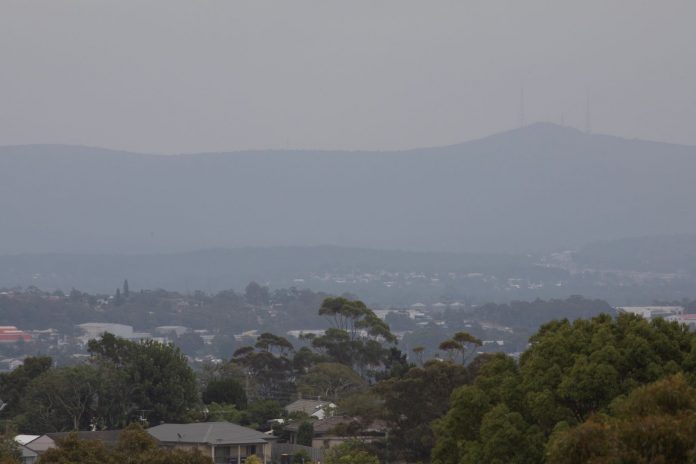Health professionals are encouraging people to heed air quality warnings.
The Air Quality Index (AQI) has recorded hazardous particulate matter (PM) levels in various areas across the state over the last few weeks.
The hazardous level can cause health issues, particularly for people living with existing respiratory or heart conditions, as well as the elderly and children.
Hunter New England Health’s Public Health Physician, Dr David Durrheim, says that, during times of hazardous levels, it is “best to stay indoors [with] windows and doors tightly closed”.

“The physical air quality doesn’t always reflect the small particulates so while there are warnings in place and while the conditions are recorded as hazardous by air quality monitors one should really restrict one’s outdoor activities as much as possible,” he says.
“Across the Hunter New England in the past week we’ve had 156 people admitted with asthma and breathing problems compared to the five-year average of 121, so about a 30% increase.
“Similarly, the ambulance retrievals are up by about 30% as well for asthma and respiratory problems.”
The AQI PM10 and PM2.5 readings refer to particles in the air and, due to the bushfires, many parts of the state are recording well over the hazardous level of 200.
“The bushfire smoke doesn’t only have large particles – what we call PM10s – it [also] has very small particles, PM2.5s, which go right down deep into the alveoli in the lungs and that can cause inflammation,” Dr Durrheim says.
The only way to decrease the affects is to avoid the hazardous conditions or buy a well-fitting P2 mask.
Face masks, available at supermarkets, and even surgical masks are not effective in blocking the micro particles.
Most of the affects from poor air quality are short-term, but Dr Durrheim warns that there isn’t a way to control or decrease your reaction other than by staying indoors, avoiding the conditions, and preventing physical exertion if outside.
“The only solution to all of this is copious rain – rain that will settle the particulates but also hopefully extinguish the bushfires, so they no longer contribute any further,” he says.
Go to dpie.nsw.gov.au for more information or to subscribe to air quality updates.
More stories:







